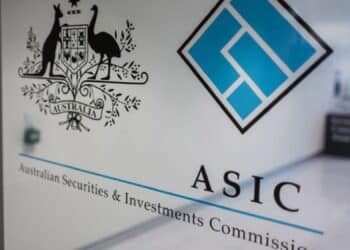First time home buyers may be allowed to dip into their superannuation savings to help them get on the property ladder, under proposals being considered by Treasurer, Joe Hockey.
Speaking at a doorstop over the weekend, Hockey said the superannuation system needed to be “more flexible” going forward, following on from the findings of the latest Intergenerational Report.
Hockey said the Government was open to making further changes to the pension system, and warned that “the status quo can only remain the status quo if we all undertake change”.
“If a young Australian is going to live to 100… then we may need to look at how we can make superannuation more flexible to cope with the ins and outs from a working life,” he said.
“It is incredibly hard for young Australians to get into the first home market.
“We are prepared to look at a diverse range of proposals to help young Australians buy their first home, particularly given that in various parts of Australia the property market is running quite hot.”
However, Association of Superannuation Funds of Australia (ASFA) chief executive, Pauline Vamos, urged caution in response to proposals to allow first time buyer access their super to pay for home deposits.
“The current compulsory rate of the Superannuation Guarantee (9.5 per cent) is barely enough to allow most people to build enough retirement savings to fund a comfortable retirement. Raiding the nest egg early to pay for a home deposit or other purposes is likely to dramatically reduce people’s final benefits,” she said.
“We know the earlier you start saving for your retirement, the more you benefit from returns and compound interest. This works in reverse when it comes to taking money out of super. If you take it out at a young age, the more you lose these benefits and the more your final balance will fall.”
She added that increasing the flexibility of the super system would “only really work if contribution rates are significantly higher”.
Hockey said it was “vitally important” that Australians “think outside of the traditional about retirement” and that superannuation would play a bigger part in retirement income going in the decades ahead.
“Quite obviously, as retirement income — private retirement income, increases over the next 40 years as a result of compulsory superannuation… then naturally enough total reliance on the Age Pension is going to decrease,” he said.





